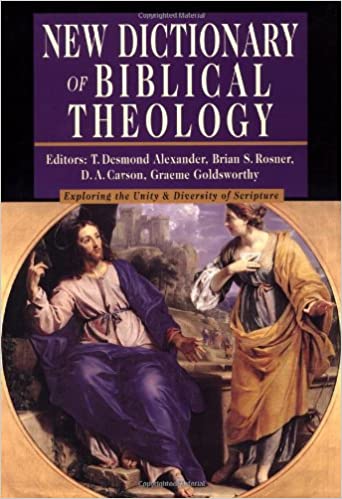A Brief Chapter Summary from Books At a Glance
by Steve West
Note: The entire chapter may be accessed here.
Summary
Different scholars and schools of thought use very different definitions of biblical and systematic theology. This is also true when we survey the history of the growth of “biblical theology” – all kinds of things have been meant by that label. As much as biblical theology is necessarily tied to the exegesis of texts, it tends towards synthesis, building up to a theology of the text, book, corpus, and canon. Biblical theology studies the historical development of the theology of the canon as it is progressively revealed, but it is not merely historical theology. The biblical witness does develop, but it is an authoritative and connected canon. The development in the canon is not the same as development in something like the thought of the Reformers. The fact that there is authority, canon, and revelation makes biblical theology unique, no matter how close parallels and analogies to historical theology can be.
Over the past centuries, the trajectory in biblical theology has been toward atomization rather than wholeness. Higher criticism has also had a large impact on methodology and perspectives on unity. It makes a huge difference if we believe the biblical writers are talking about things that actually happened. Historical criticism divides the text into sources, but biblical theology deals with the text in its final, canonical form. Although there was an influential movement to divide faith from history, that movement is waning. Systematic theology needs to be careful that it doesn’t disregard the diversity of biblical genres, literary forms, epochs, authors, etc. Not every biblical text can be reduced to being the mere bearer of propositional truth. Biblical theology aims to exposit texts along the axis of Scripture’s developing narrative plot-line, and this lends itself well to bringing together the concerns of various disciplines. At best, the various disciplines help each other avoid excesses. . . .
[To continue reading this summary, please see below....]The remainder of this article is premium content. Become a member to continue reading.
Already have an account? Sign In
